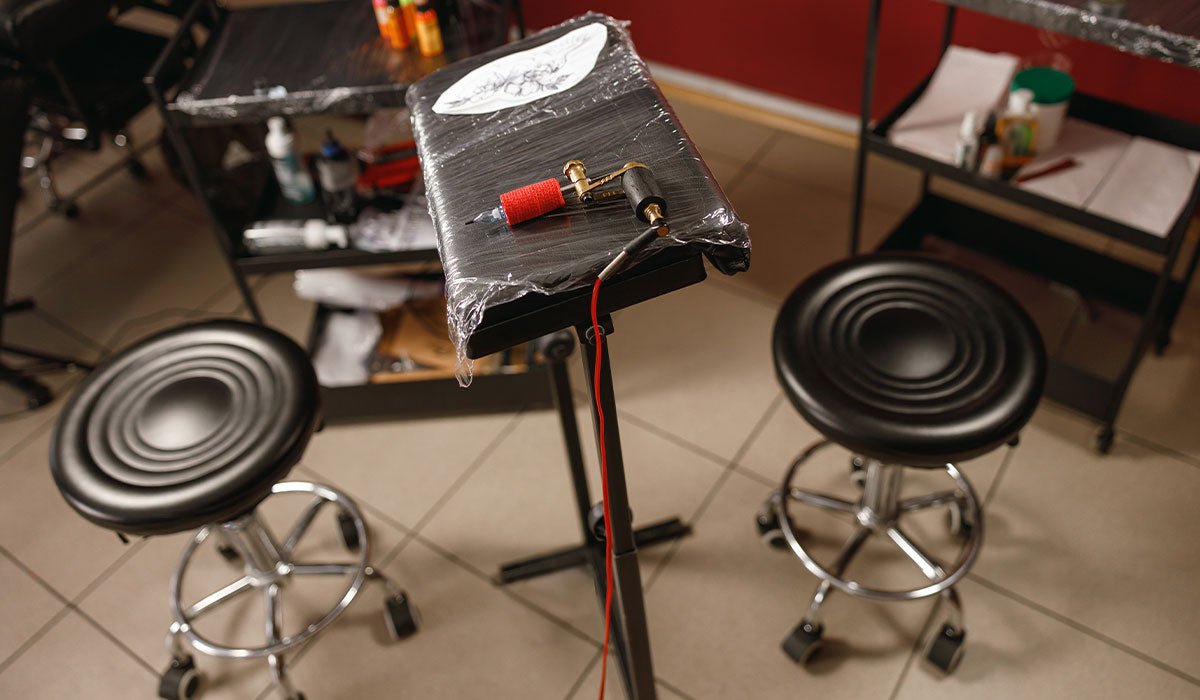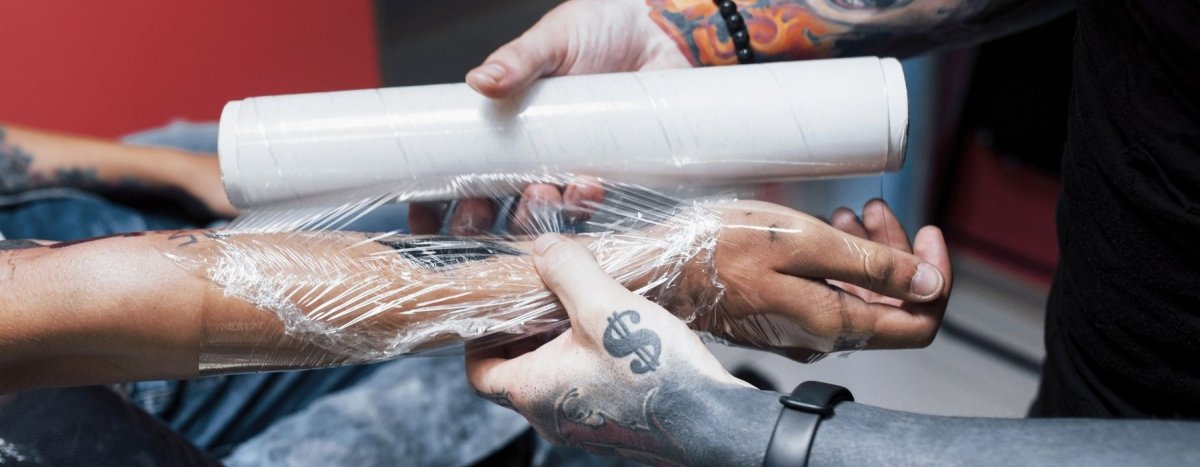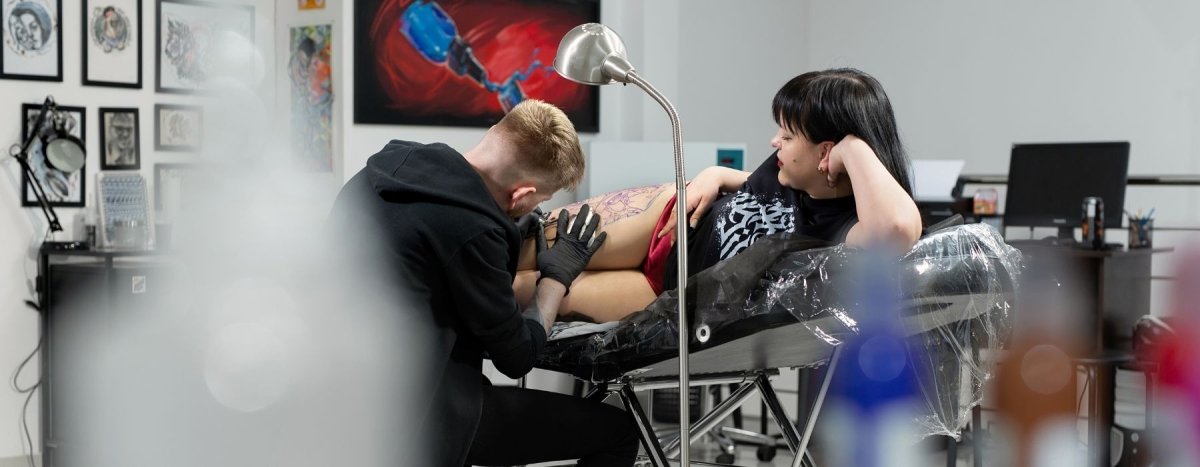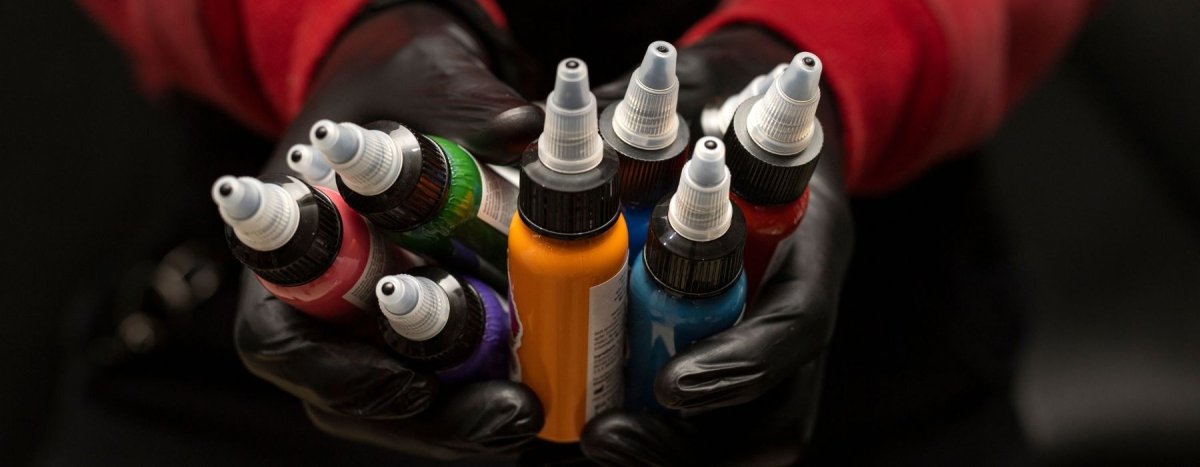Your cart is empty
Looks like you haven't added anything to your cart yet

Understanding Tattoo Regulations: What Artists Need to Know
No matter if you're a veteran in the tattoo scene or a newcomer, knowing the rules and regulations of tattooing is key to running a business that's both successful and on the right side of the law. These rules are there to look out for both the artist and the customer, making sure that tattooing stays a safe, ethical, and professional craft. In this blog, we're going to dive into the must-know regulations for tattoo artists. This includes things like how to keep things clean, what kind of licenses you need, and the importance of getting consent forms from your clients.
Importance of Knowing Tattoo Regulations
Failing to adhere to tattoo regulations can lead to serious repercussions such as fines, loss of license, and even legal action. Moreover, the safety of both the artist and the client could be compromised. Therefore, being well-versed in the local, state, and federal laws regarding tattooing is non-negotiable for any serious artist.
Getting Licensed and Certified
To kick off your career as a tattoo artist, you need to get the right licenses and certifications. The specifics can change a lot depending on where you're setting up shop. Usually, this means you have to:
- Finish a recognized training course or do an apprenticeship.
- Clear an exam that covers hygiene, safety practices, and the basics of tattooing.
- Get a license from your state or local area.
Keep in mind, in some places, you might have to renew your license now and then, and show that you're keeping up with health and safety training.
Hygiene and Sterilization
The risk of infection is one of the most serious concerns associated with tattooing. Proper hygiene and sterilization protocols are vital. Key guidelines include:
- Using Sterile Equipment: All needles and tubes should be single-use and sterilized.
- Hand Hygiene: Wash your hands thoroughly before and after each tattoo session.
- Gloves: Always wear disposable latex or nitrile gloves while tattooing.
- Surface Disinfection: Clean and disinfect the work surface before each session.
- Waste Disposal: Properly dispose of used needles and other sharps in designated containers.
Client Consent
Before starting any tattoo session, it’s essential to obtain informed consent from the client. This typically involves a written form where the client acknowledges the risks involved in getting a tattoo. It's also good practice to confirm that the client is of legal age to get a tattoo, which varies by jurisdiction but is commonly 18 years old.
Aftercare Guidelines
Providing clients with aftercare instructions is not only beneficial for their health but also a legal precaution in many jurisdictions. Failing to do so could leave you liable for complications that arise post-tattooing.
Record-Keeping
Maintaining accurate records is often a requirement under tattoo regulations. You may need to keep logs detailing:
- The name and address of each client
- A copy of the signed consent form
- Details of the tattoo, including date, location on the body, and colors used
- Any adverse reactions observed
Conclusion
Understanding and adhering to tattoo regulations is a crucial responsibility for any tattoo artist. While it may seem like a daunting task, compliance ensures a safer, more professional environment for both artists and clients. Make sure to regularly update your knowledge as regulations can change, and consider joining industry associations to stay in the loop.
By taking the time to fully grasp the legal landscape of tattooing, you set yourself up for a long, fulfilling career in this beautiful art form.
Featured Blogs
- Choosing a selection results in a full page refresh.
















